Russia slashes key rate amid slowdown fears
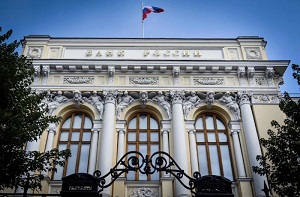
AFP
MOSCOW — Russia's central bank on Friday slashed its benchmark interest rate to 18 per cent from 20 per cent, its steepest cut in more than three years as policymakers race to avert a recession.
Russia's economy has been marked by volatility since it sent troops into Ukraine in February 2022.
The central bank jacked its interest rates to an eye-watering high of 21 per cent last October to combat inflation and kept them at that level until last month, when it eased to 20 per cent.
But sky-high borrowing rates have hit businesses hard, with some of the country's top corporate leaders putting pressure on the central bank to relax rates.
Economists now say Russia's economic engine — driven largely by massive spending on the Ukraine conflict — could be slowing down, with the country posting its slowest quarterly expansion in two years in the first quarter of 2025.
"Current inflationary pressures, including underlying ones, are declining faster than previously forecast. Domestic demand growth is slowing," the central bank said in a press release.
Russia defied expectations that sanctions over the Ukraine offensive would push it into a deep and lengthy recession, as spending on weapons manufacturing, hefty payments to its hundreds of thousands of soldiers and generous increases in social welfare pushed up growth.
The country's GDP grew in 2023 and 2024, but officials worry military spending is no longer sufficient to maintain growth and does not reflect a real increase in productivity.
Deficit woes?
In a statement on its website, the central bank kept its GDP forecasts unchanged at between one to two per cent growth this year and 0.5-1.5 per cent growth in 2026, down from four per cent growth last year.
Any hit to growth would likely worsen the country's deficit, which soared to $46 billion (1.7 per cent of its GDP) in the first half of 2025 — almost 300 per cent higher than in last year.
Russian lawmakers have called for strict budget controls and austerity measures from next year, as falling oil revenues and bloating military spending deplete public funds.
Russia's fossil fuel revenues dropped almost a fifth between January and June as oil prices fell due to a mix of sanctions, Trump's tariffs and rising output by other oil producing countries.
The central bank also cut its forecast for the price of the Urals oil blend — a key benchmark for Russian crude prices — from $60 to $55 per barrel for this and next year.
At a press conference, Governor Elvira Nabiullina said any drop in oil prices would be "smoothed out" by the country's "budget rule", which sees it sell foreign currency from its rainy day fund to make up for shortfalls in oil and gas revenues.
The fund's liquid assets, those that can be spent immediately, were just $52 billion as of July 1 — down almost half from the more than $100 billion shortly before the Ukraine conflict.
However, this doesn't mean Russia will scale back its military spending, now close to Soviet-era levels, said Alexander Kolyandr, a senior fellow at the Center for European Policy Analysis (CEPA).
"Even if the war ends tomorrow, military spending will not be touched," he told AFP. Kolyandr added that Moscow has enough fiscal levers to manage the deficit, including domestic borrowing, cutting back on state-subsidized loans, and selling off non-core assets.
Russia's government debt is only about 20 per cent of GDP, far below most major economies.
"I see the problem, but I don't think it's critical," he concluded.
If lower oil prices hold for longer, the fund might only be enough to compensate for budget shortcomings for one year, economists from Russia's Presidential Academy of National Economy have warned.
"Whether the budget rule is sustainable in the face of changing external conditions is, of course, a matter for discussion," Nabiullina said.
Latest News
-
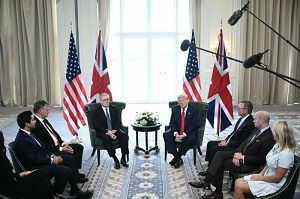 Trump says Gaza ceasefire 'possible' amid Starmer talks
Trump says Gaza ceasefire 'possible' amid Starmer talks
-
 Crown Prince attends ICT session within economic vision’s second phase workshops
Crown Prince attends ICT session within economic vision’s second phase workshops
-
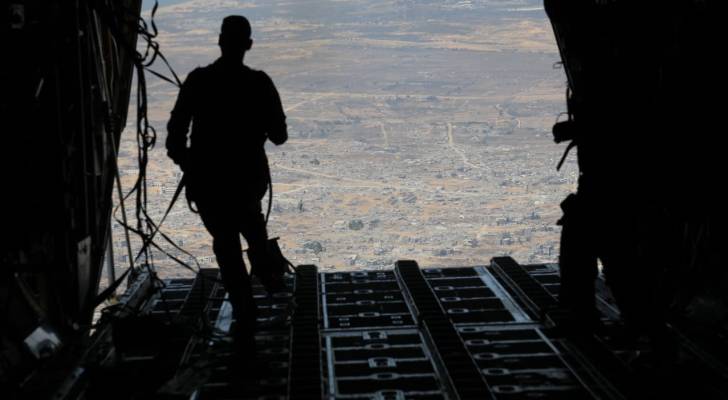 Jordan carries out two more Gaza aid airdrops, with UAE participation
Jordan carries out two more Gaza aid airdrops, with UAE participation
-
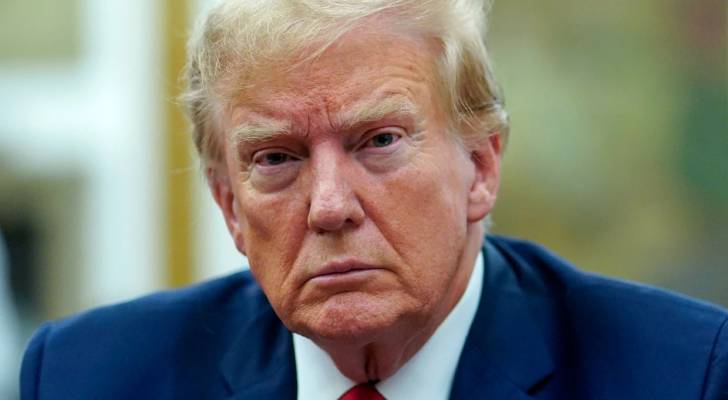 Trump: I spoke with Netanyahu, working on plans for Gaza
Trump: I spoke with Netanyahu, working on plans for Gaza
-
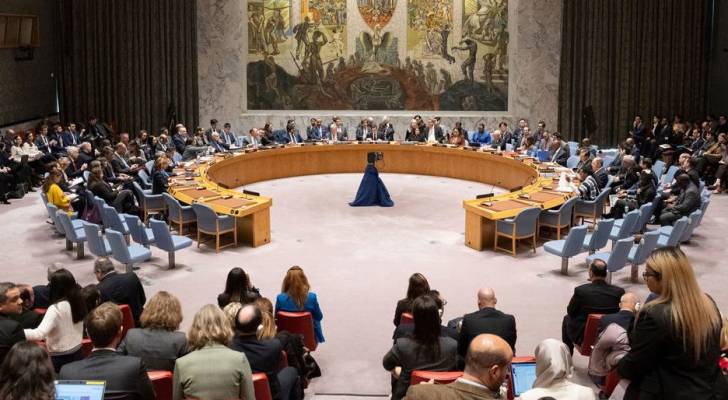 Two-state solution back in focus at UN peace summit
Two-state solution back in focus at UN peace summit